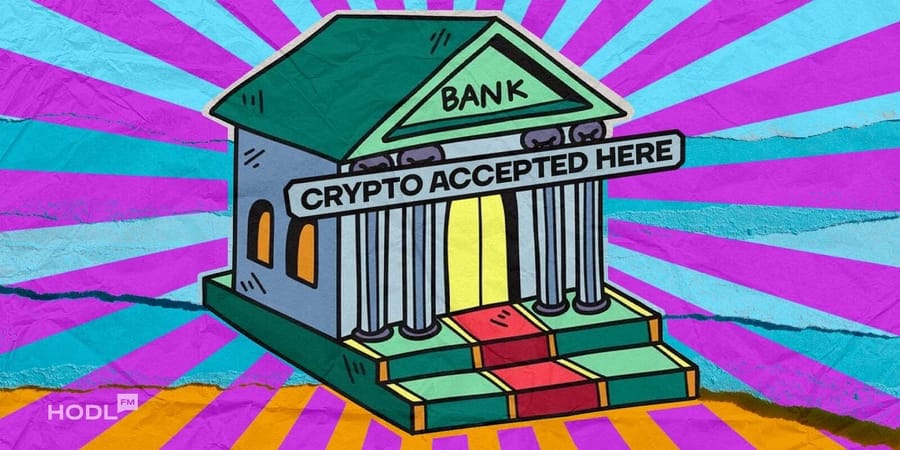Citigroup’s venture arm, Citi Ventures, has invested in London-based stablecoin infrastructure firm BVNK, signaling Wall Street’s ongoing push into blockchain-powered payments.
The company did not disclose the size of Citi’s investment or its current valuation, but co-founder Chris Harmse told CNBC that BVNK’s valuation now exceeds the $750 million reported in its previous funding round.
BVNK develops infrastructure enabling global payments through stablecoins.
Wall Street and stablecoins
Citi’s move aligns with a broader trend among U.S. banks embracing stablecoins and blockchain-based finance.
Harmse explained that institutions at Citi’s scale are investing in the sector to ensure they remain at the forefront of payments innovation.
“You’re seeing an explosion of demand for building on top of stablecoin infrastructure,” Harmse told CNBC.
Harmse said, noting the U.S. has been its fastest-growing market over the past 18 months. Improved regulatory clarity, particularly the GENIUS Act, has bolstered institutional confidence.
Earlier this year, Citi CEO Jane Fraser indicated the bank was exploring its own stablecoin issuance and crypto custody services. The bank has also raised its market forecast for stablecoins, projecting the sector could reach $4 trillion by 2030, up from previous estimates of $3.7 trillion. The firm is already backed by major investors, including Coinbase and Tiger Global.
Industry support
Visa has also invested in BVNK through its Visa Ventures arm, following the firm’s $50 million Series B round led by Haun Ventures last year. Speaking of that,
Visa recently began piloting a program that allows businesses to pre-fund Visa Direct accounts using stablecoins instead of traditional fiat.
This approach essentially treats stablecoins as immediately available funds, enabling faster global payouts and improved liquidity management.
Meanwhile, the Bank of England is reportedly reconsidering proposed caps on corporate stablecoin holdings after pushback from the crypto industry. Initially, limits were set at £20,000 ($27,000) for individuals and £10 million for companies, but exemptions for firms needing larger reserves are now under review.
Stablecoins deeper perspective
The idea that digital currencies backed by fiat could become the new norm has moved from theory to something close to inevitability. Even industry veterans like Tether co-founder Reeve Collins have suggested that by 2030, nearly every major currency could exist in stablecoin form, circulating on public or private blockchains.

That prediction, once futuristic, now feels almost pragmatic.
Circle, the issuer of USD Coin (USDC) and the world’s second-largest stablecoin provider, is testing mechanisms that could allow certain token transfers to be rolled back in cases of fraud or hacks. Middle ground, balancing immediate settlement with the potential for reversibility when security or compliance concerns arise. The initiative complements Circle’s launch of Arc, a Layer-1 blockchain designed for financial institutions. Arc uses USDC as its native settlement token and aims to support cross-border payments, capital markets, and enterprise applications.
Still, the shift carries its share of uncertainty.
Regulatory frameworks are only beginning to take shape, and the question of how national currencies coexist with privately issued digital versions remains open. Yet, with stablecoins becoming increasingly embedded in institutional finance, the line between traditional money and digital value continues to blur, and Citi’s latest bet suggests Wall Street intends to help define that boundary rather than chase it.

Disclaimer: All materials on this site are for informational purposes only. None of the material should be interpreted as investment advice. Please note that despite the nature of much of the material created and hosted on this website, HODL FM is not a financial reference resource and the opinions of authors and other contributors are their own and should not be taken as financial advice. If you require advice of this sort, HODL FM strongly recommends contacting a qualified industry professional.




